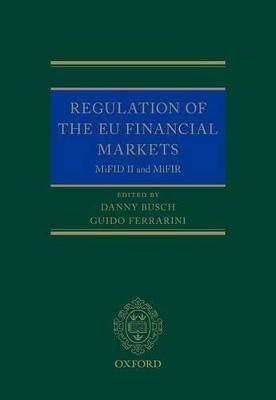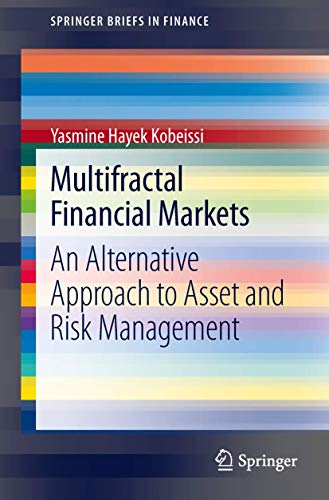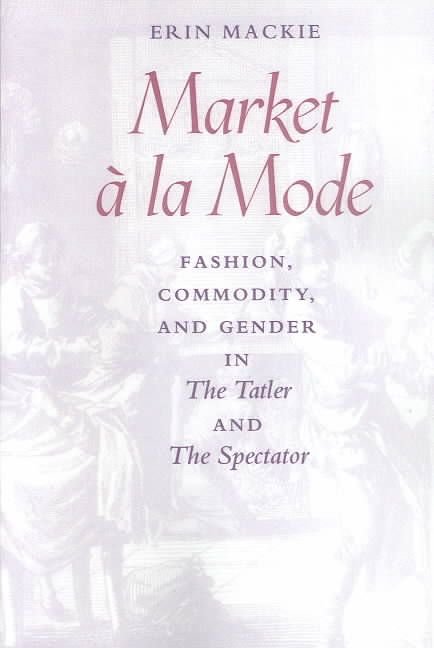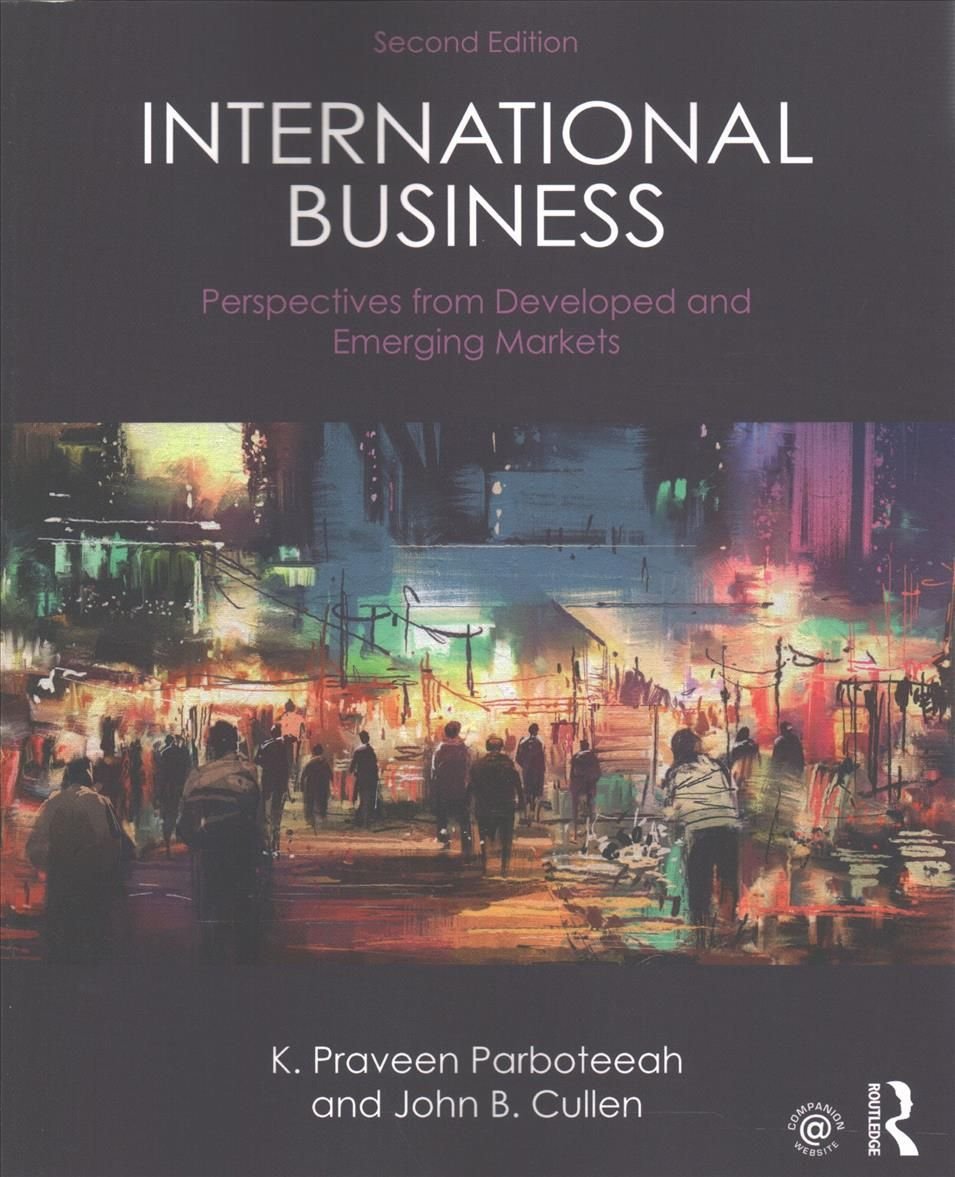Researchers, policymakers and commentators have long debated the patterns through which adverse shocks in a few markets may quickly spread to a range of apparently disconnected financial markets causing widespread losses and turmoil. This book uses modern linear and non-linear econometric methods to characterize how shocks to the yield of risky fixed income securities, such as sub-prime asset-backed or low-credit rating sovereign bonds, are transmitted to the yields in other markets. These include equity and corporate bond markets as well as relatively risk-free fixed income securities, such as highly rated asset-backed securities and sovereign bonds from core Eurozone countries. The authors analyse and compare the results from linear and non-linear models to identify and assess four distinct contagion channels characterizing both US and European financial markets. These include the correlated information, risk premium, flight-to-liquidity, and flight-to quality channels. The results of this study support the theory that both investors and policy-makers ought to pay special attention to liquidity and commonalities in the perceptions of the probabilities of default, as channels through which financial shocks propagate.












